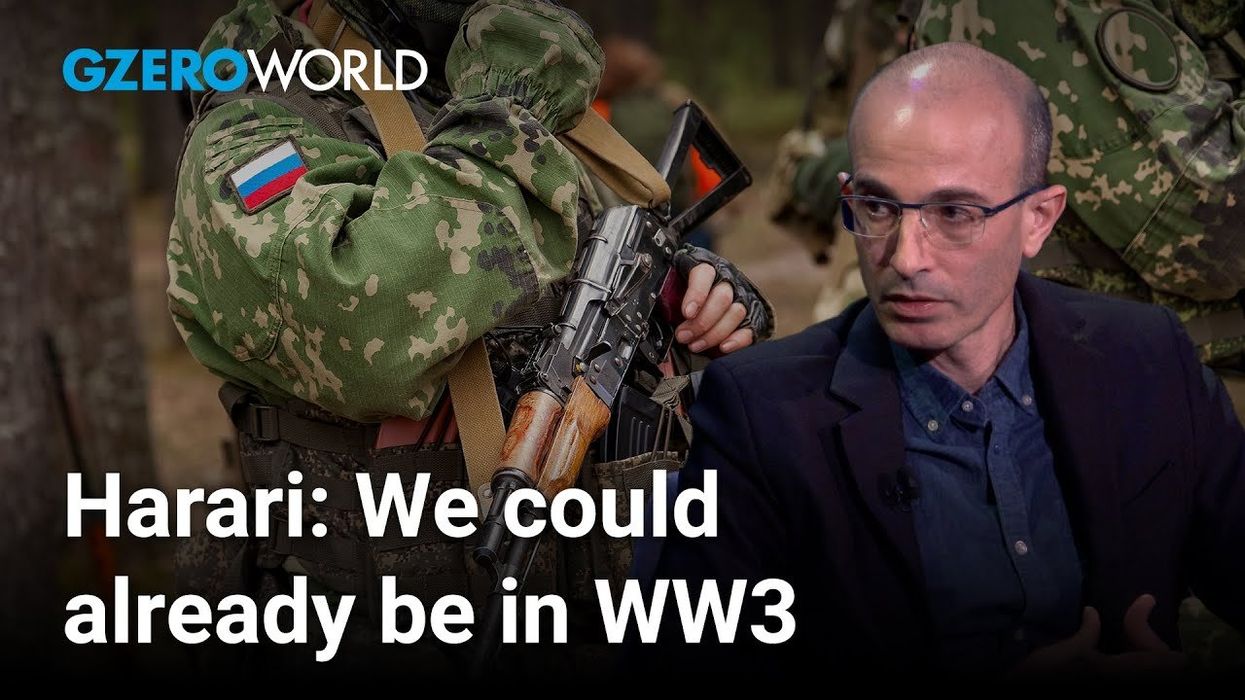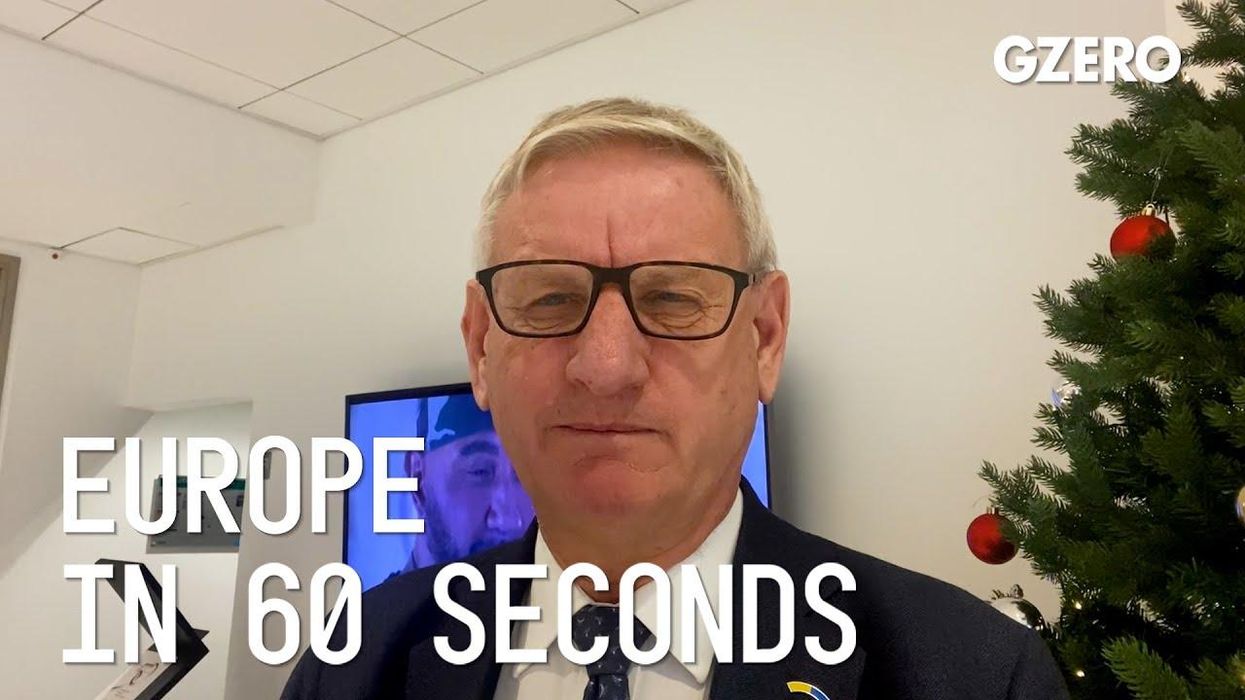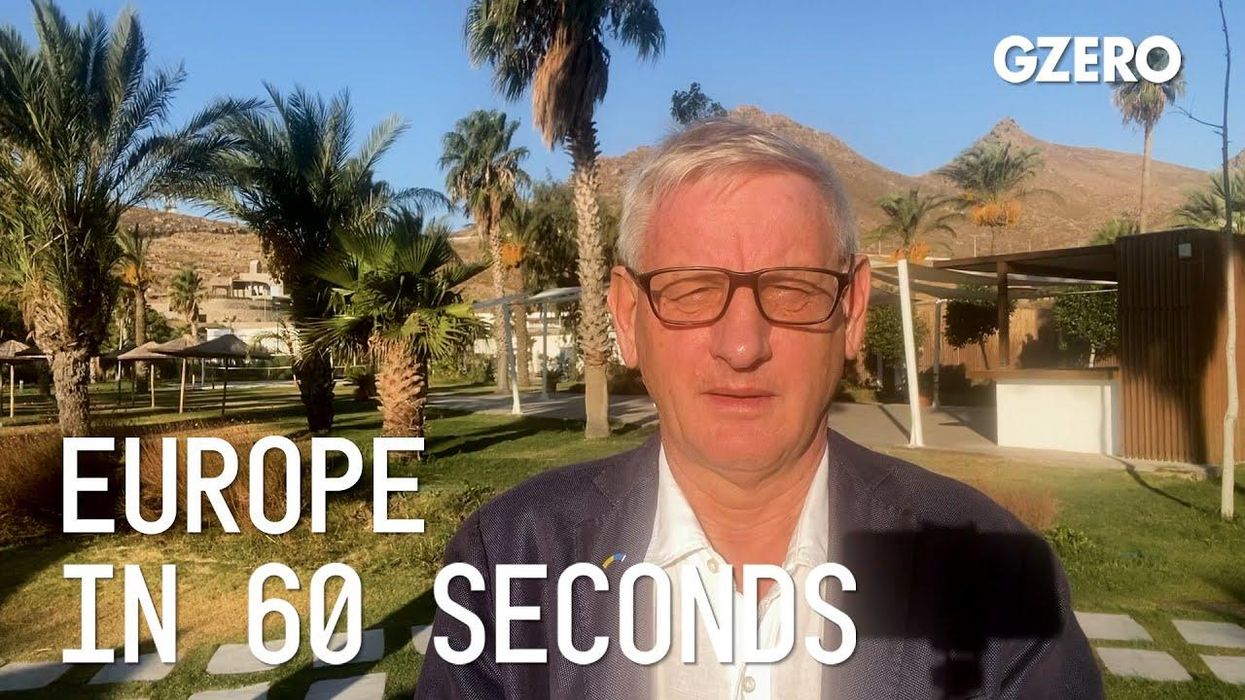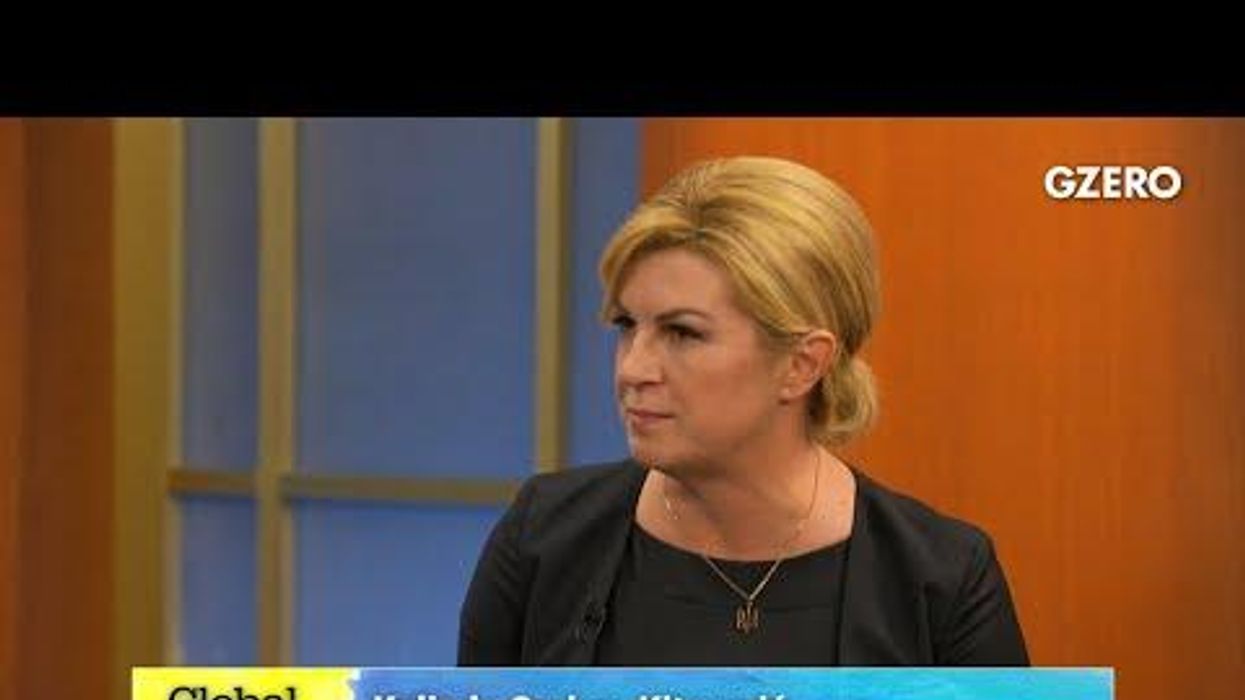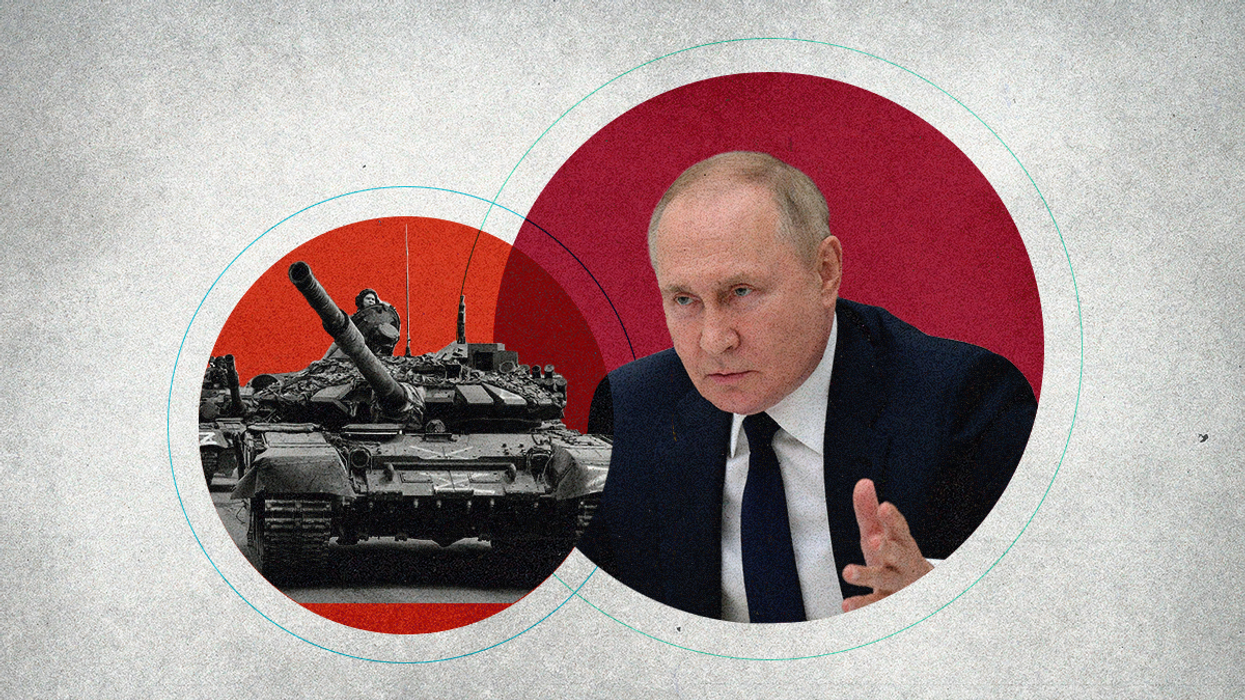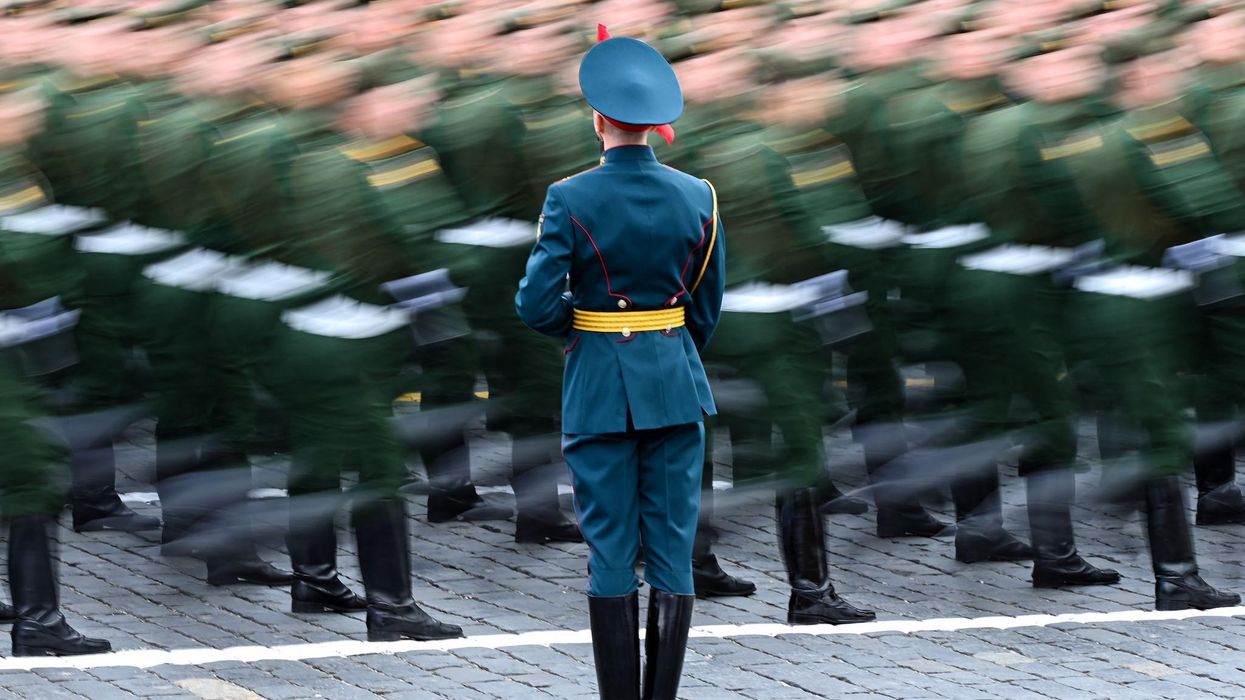GZERO World Clips
A Russian victory would end the global order, says Yuval Noah Harari
Yuval Noah Harari warns that Russia's potential victory in Ukraine could signal the end of the global order by violating the fundamental rule against imperial conquest and potentially sparking a domino effect of territorial aggression akin to a third World War.
Mar 13, 2024
